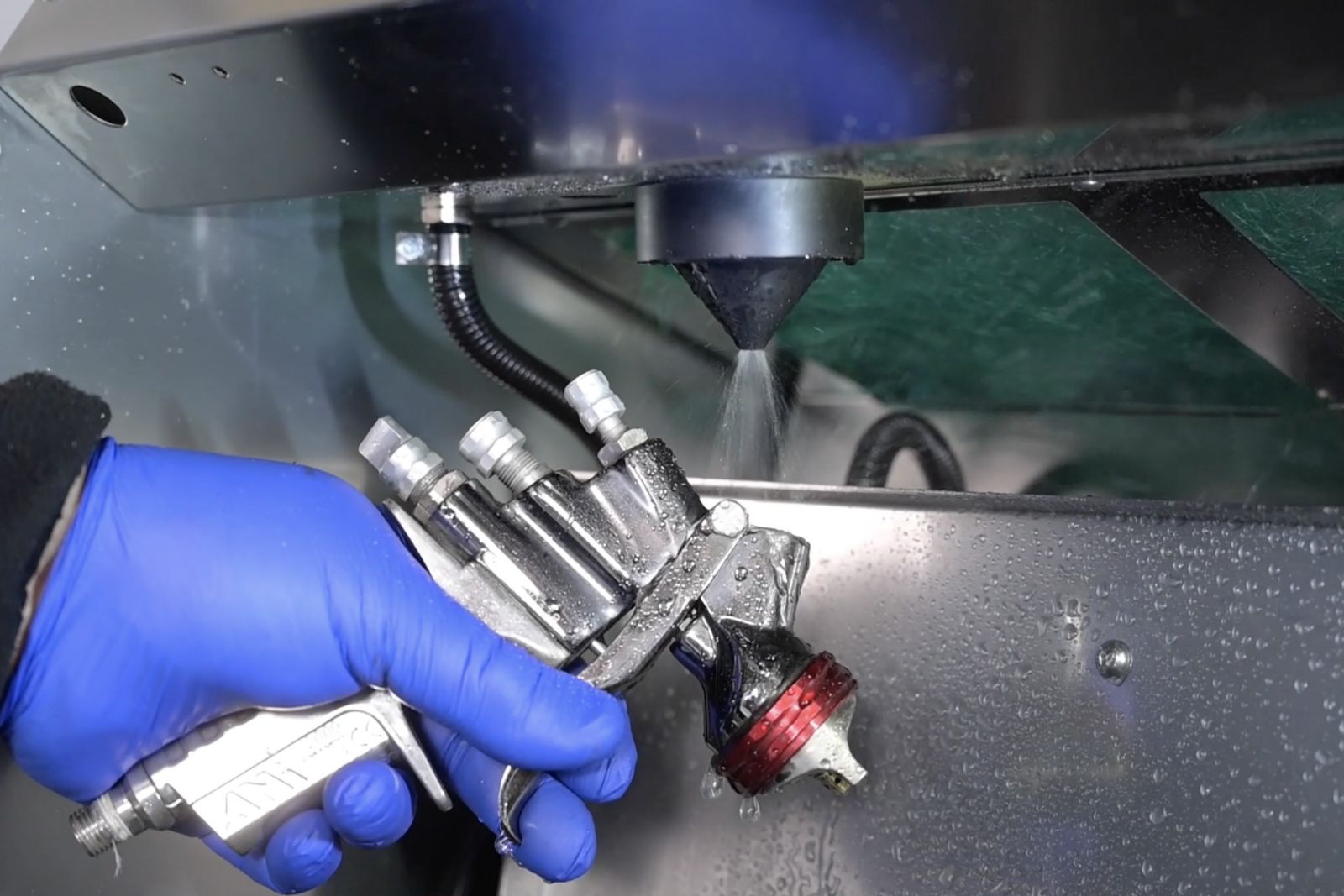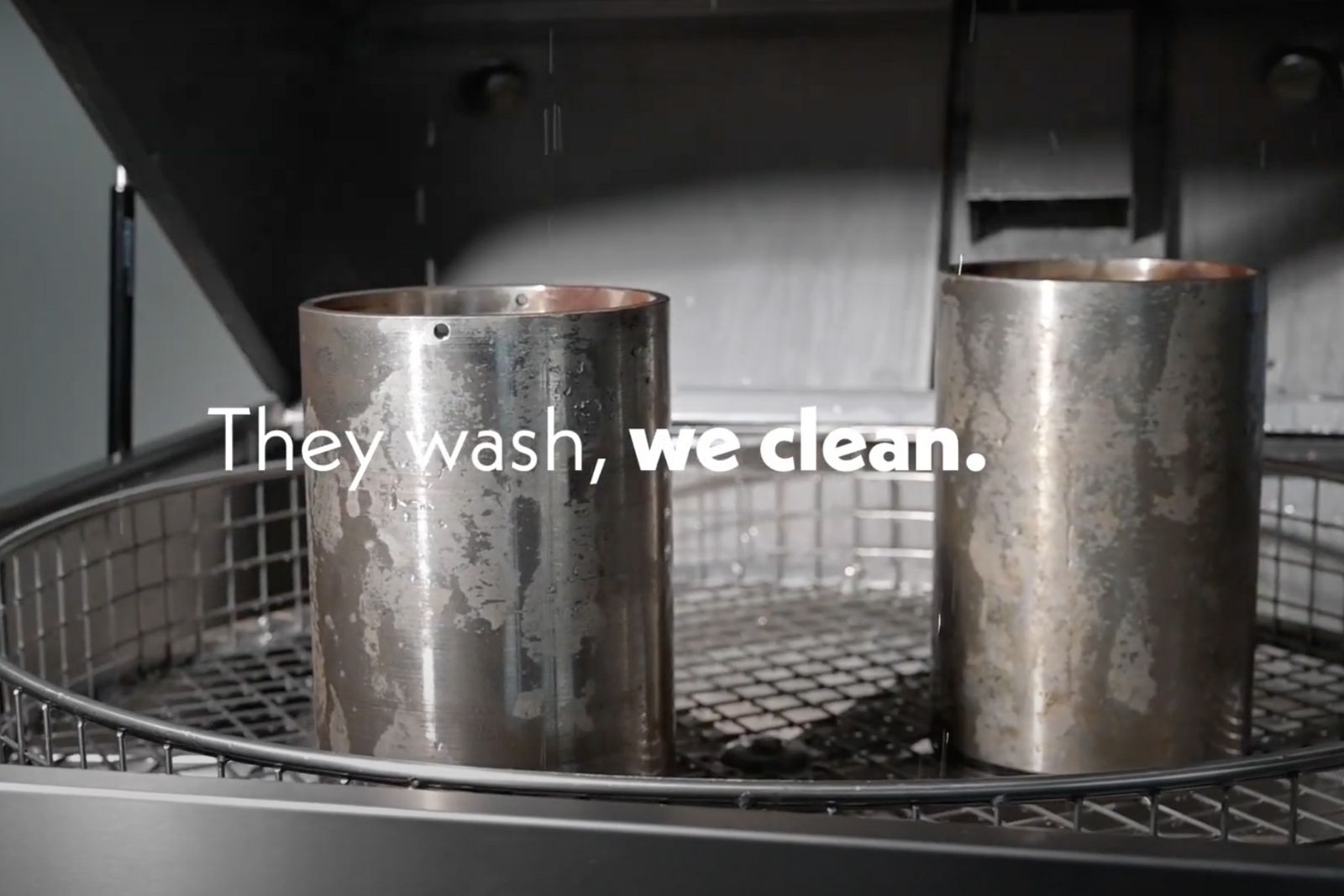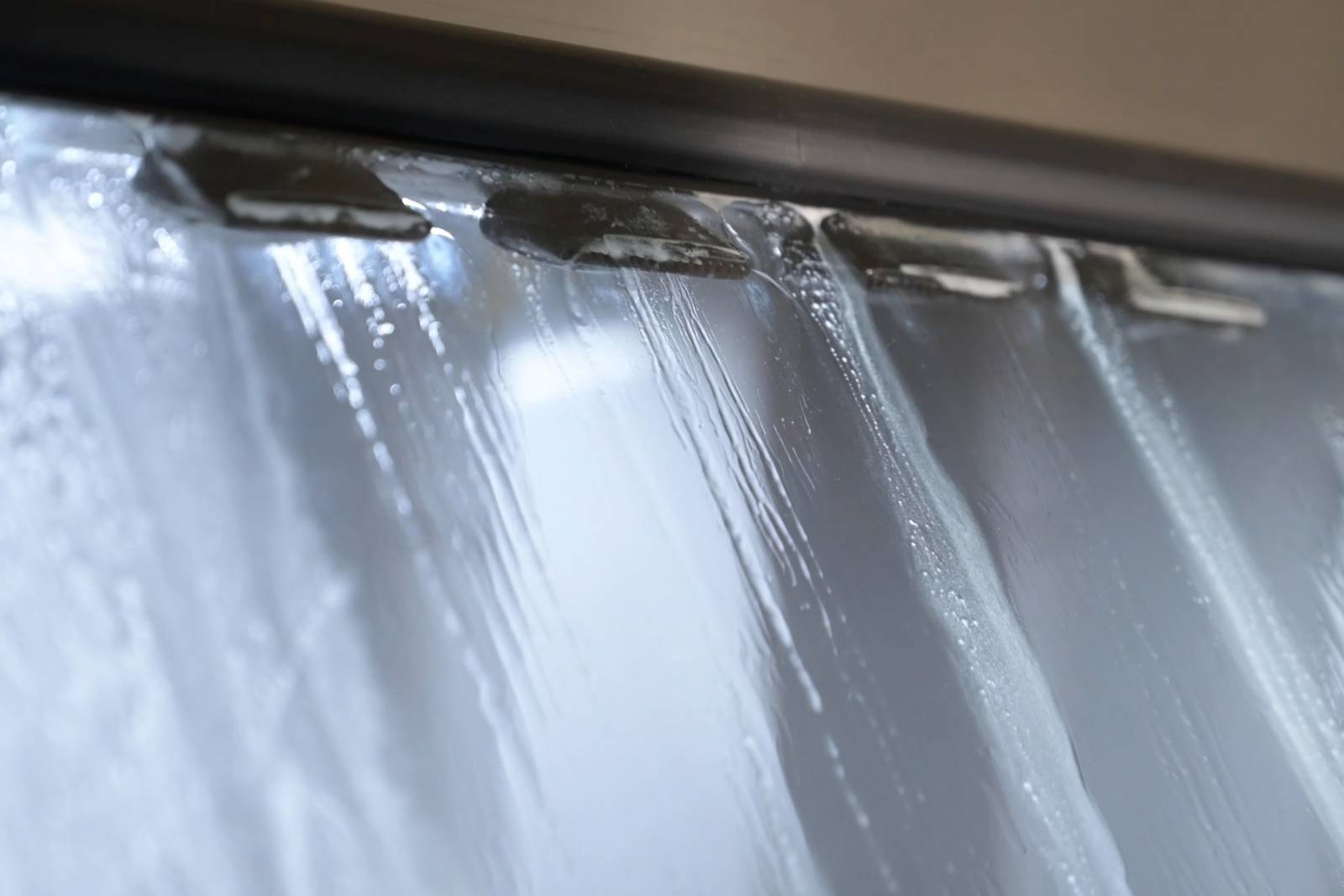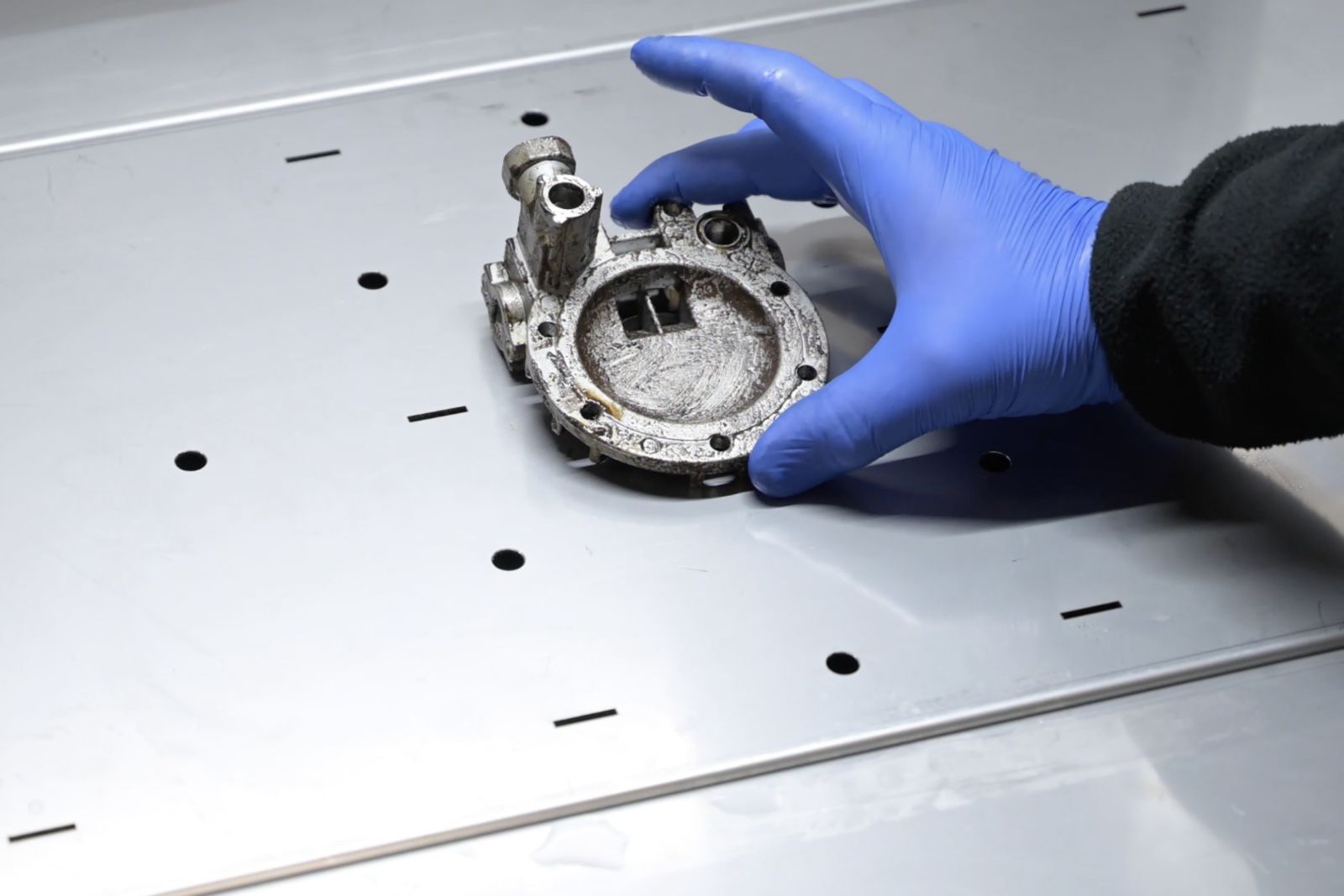As we now well know, choosing the parts washer that best suits your needs is not a trivial matter. At this stage it can be very useful to understand:
- Which are the best industrial parts washing machines;
- What are the advantages of a manual parts washer;
- How to choose the most suitable parts washing machines for your workshop.
When analysing the various opportunities offered by the market, however, you must not forget the importance of another factor: the type of washing. In this article we will explore hot water parts washers.
Solvent or water-based detergent?
Before going into detail and analysing the topic of hot water parts washers, let's understand the fundamental difference between washing products: solvents and detergents. Solvents are products that "dissolve" dirt, while detergents must be diluted with water and "disperse" dirt.
The different types of pH of detergents
Cleaners with a higher pH and strong bases have a higher degreasing capacity. They are particularly suitable for steel and cast-iron products, which are not affected by contact with an aqueous fluid with a high ph.
If, on the other hand, you have to wash products in copper alloys (such as brass and bronze) in aluminium alloys or in galvanized steel, you will have to take into account their sensitivity to pH. In fact, if subjected to a high pH wash, white spots will form on the surface. This is why you should choose neutral pH detergents without alkaline.
The market is increasingly moving towards products suitable for all types of metals, with a low impact eco-toxicological profile and a formulation capable of avoiding the release of residues on the metal surface. Precisely this last property is suitable for washing products that have a paint or surface treatment. For information on washing products, you can visit the website of the international manufacturer Fuchs.
Hot water-based part washer characteristics
Hot water parts washers allow you to wash at different temperatures, depending on the piece you need to clean. It is possible to wash at 40 °, 60 ° or 90 °. The pH level can also be different depending on the type of washing to be carried out.
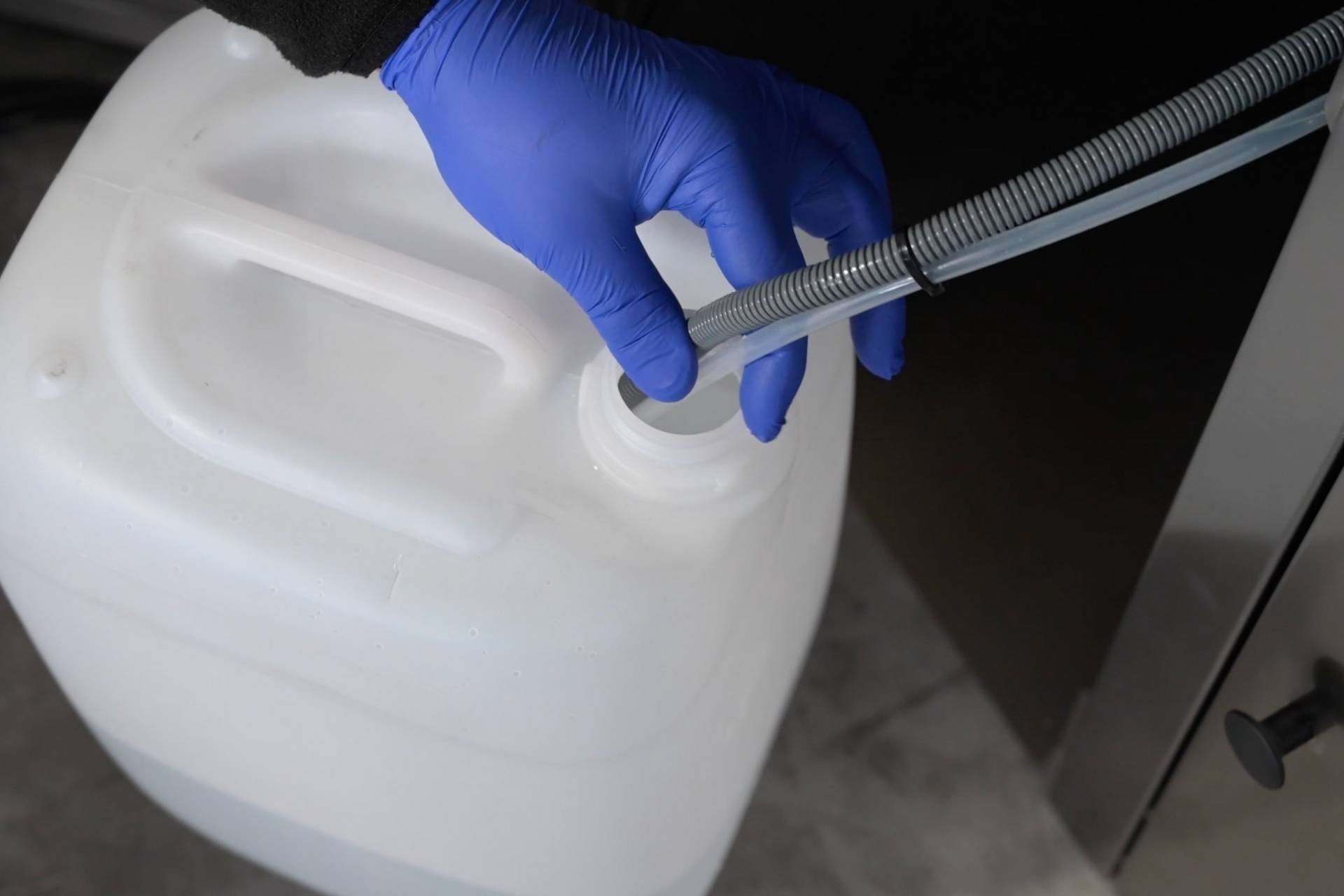
But when is it convenient to use a hot water parts washer? Although there are developments in reality underway, in general it is better for you to orient yourself on a solution of this type when you are looking for an economic and eco-friendly answer to your cleaning needs.
If we take into consideration the washing of industrial parts with solvent and that with water, we can classify the distinction in this way:
- Washing with a solvent is more expensive and involves difficulties in terms of disposal, but it is a very fast type of washing;
- Washing with water, on the other hand, is slower but is less expensive both in economic and environmental terms.
Hot water wash vs cold water wash
We have seen what are the characteristics of industrial parts washers for hot water washing, but what is the difference with cold water parts washers? If one of your goals is to wash the parts while ensuring respect for the environment, then you cannot consider cold water washing as a real alternative to hot water parts washers.
In fact, cold water parts washers are a product that is unlikely to be truly ecological. Nowadays, manufacturers have developed special solvents that can be mixed with water, but they are still solvents capable of polluting even minimally.
water-based cleaners free of organic solvents and phosphates are biodegradable, sustainable and allow you to economically save in the management of the residue. Also, it's about products with a high degree of safety because they are not flammable. Remember: a true water-based cleaner is always heated.
Are you looking for hot water parts washers to clean your parts?
